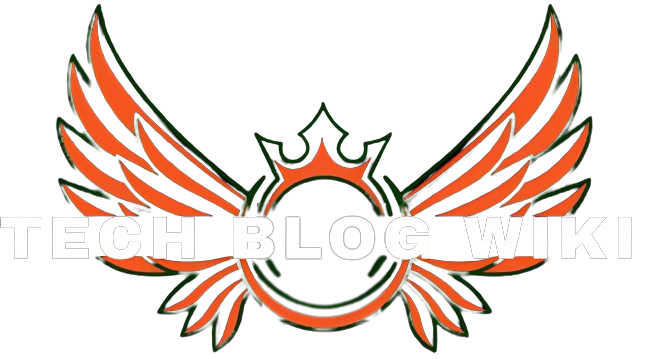Introduction
The deployment of 5G networks is set to revolutionize the Internet of Things (IoT) and smart city applications by providing faster, more reliable connectivity. This article explores how 5G technology will enhance IoT and contribute to the development of smart cities.
Enhancing IoT with 5G
5G’s low latency and high bandwidth capabilities significantly improve IoT applications. Devices can communicate in real-time, enabling faster data transfer and more efficient operations. This is crucial for applications like autonomous vehicles, remote surgery, and industrial automation.
Building Smart Cities
5G facilitates the creation of smart cities by providing the infrastructure needed for seamless connectivity. Smart grids, intelligent traffic management systems, and connected public services rely on the rapid data exchange that 5G enables. This leads to more efficient resource management, reduced traffic congestion, and improved quality of life for residents.
Challenges and Considerations
Despite its potential, deploying 5G poses challenges:
- Infrastructure: Requires extensive installation of small cells and towers.
- Security: Increased connectivity heightens the risk of cyber-attacks.
- Cost: High investment needed for network deployment and maintenance.
Future Prospects
As 5G technology matures, its integration with IoT will drive innovation in various sectors. Smart cities will become more adaptive and efficient, providing a template for urban development worldwide.
Conclusion
5G technology is poised to transform IoT and smart cities, offering faster, more reliable connectivity that enhances various applications. Addressing deployment challenges will be crucial to realizing its full potential.






